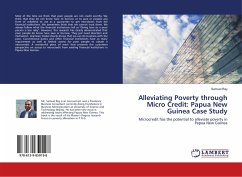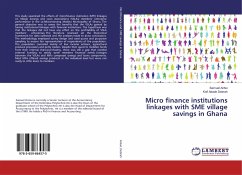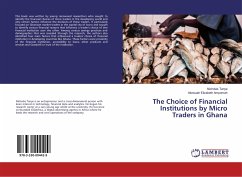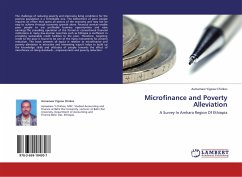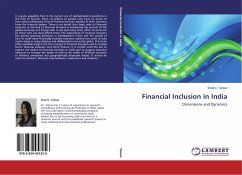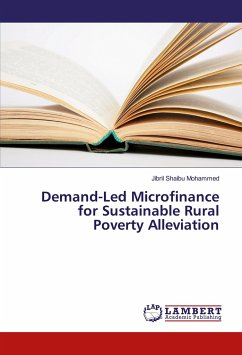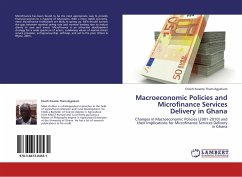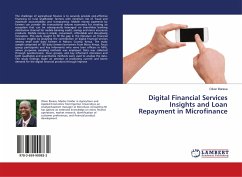Most of the time we think that poor people are not credit worthy. We think that they do not know how to borrow or to save or possess any form of collateral to use as a guarantee to get microloans from the financial institutions. We sometimes think that we cannot trust them. We always follow what the financial institutions tell us "Giving loan to a poor person is too risky". However, this research has clearly demonstrated that poor people do know how save or borrow. They just need direction and motivation. Grameen model clearly shows that we can do business with the poor. Conventional banks and other financial institutions have so many requirement as well as limited access for poor people to obtain a microcredit. A wonderful piece of work that presents the customers perspective on access to microcredit from existing financial institutions in Papua New Guinea.

